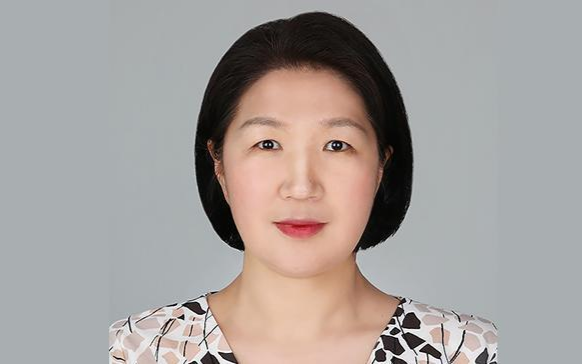Ma Jing-hee

South Korea’s population is aging at an alarming pace. According to Statistics Korea, by 2025, South Korea is projected to become an ultra-aged society, with more than 20% of the estimated total population of 52 million people aged 65 or older. By 2050, this figure is expected to rise to 44%. This demographic shift will have significant implications for the healthcare sector and social systems. How the country responds to these changes will determine the health of its population for decades to come.
Good mental health is crucial for overall well-being, yet it is often underrecognized and undertreated compared to physical health. Depression, for example, is one of the most common mental illnesses affecting older adults in South Korea. According to government records, one in three people with depression was over 60 years old in 2021. Experts speculate that many cases go unreported due to the social stigma surrounding mental illness. In addition to socio-environmental influences, this age group is affected by stressors associated with aging, including the loss of loved ones, declining physical and cognitive abilities, chronic pain, changes in social networks after retirement, reduced income, and caregiving responsibilities. These stressors exacerbate underlying conditions.
Untreated depression often negatively impacts the course of other chronic diseases. Depression increases the incidence of risky behaviors such as alcohol and drug use disorders. Studies have shown that depression is a potential risk factor for cognitive impairment and dementia in this age group. However, depression is treatable, with 80-90% of patients responding well to current treatments with psychotherapy and pharmacotherapy. Following treatment, many can regain normal levels of full mental functioning. Current community-based outreach efforts tend to prioritize chronic disease management in older adults, but because the mind and body are connected, incorporating mental health education into existing community programs will result in the best health outcomes.
Barriers to seeking help for mental health issues include social stigma, the mistaken belief that these issues are a normal part of aging, and limited access to healthcare. Mental health literacy includes the knowledge, beliefs, and abilities to recognize, manage, or prevent mental health issues. This can incorporate methods such as self-help, self-care, or help-seeking behaviors for oneself or others. Implementing comprehensive mental health literacy programs is crucial as it can increase older adults’ sense of competence and promote engagement in positive behaviors.
Social stigma is a persistent reason why older people hesitate to seek help, which can lead to discrimination and social isolation against sick people. Such stigma is thought to be stronger in collectivist countries such as South Korea, where individuals derive their self-worth from being part of a larger group.
Some people may worry about how asking for help from someone outside their family will affect their family. Because many older people develop mental illnesses with physical symptoms, health care providers may overlook underlying conditions and patients may not realize they have an illness. Some mental health professionals may be pessimistic and believe that treatment will not be effective for older people, making them less likely to recommend treatment. Combating these stigmas is difficult, given the two-way bias from patients and mental health providers.
In South Korea, it has been observed that access to healthcare varies across regions, with disproportionate and adverse effects on residents in low-income areas. These differences in access lead to health disparities. Ensuring equitable resource allocation is important for sustainable community development, as many older adults wish to continue living in the homes and communities they spent their adult lives in as they age. Access to adequate healthcare in resource-rich communities not only enables older adults to proactively manage their mental health, but also supports healthy aging.
The World Health Organization defines health as “a state of complete physical, mental and social well-being and not merely the absence of disease or infirmity.” Understanding this as personal well-being empowers each older person to play an active role in addressing their own mental health and well-being. Mental health professionals can help older people identify risk factors as well as empower them and their families by developing and strengthening protective factors. Examining underlying assumptions and biases can help with personal and professional growth.
Finally, although several initiatives have been introduced to support older adults nationwide, the Korean government needs to expand its efforts to implement comprehensive and accessible services. With the cooperation of local governments, the collective well-being of older adults may be achieved. The cumulative effect of these initiatives will contribute to Korea becoming a positive “super” aging society.
Ma Jingxi is an editor and researcher specializing in mental health.


